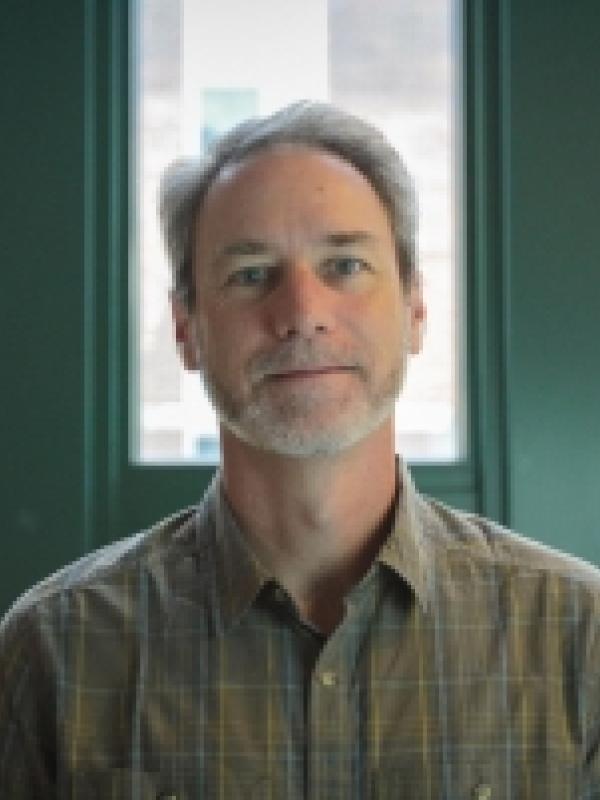
William "Chip" Eveland
Professor of Communication, Professor of Political Science (by courtesy)
3139 Derby Hall
154 North Oval Mall
Columbus, OH
43210-1339
Education
- BA University of Delaware
- MA University of Delaware
- PhD University of Wisconsin-Madison
Professor Eveland teaches in the areas of political communication, public opinion, and media effects. His research centers on how and why people engage in political communication behaviors – such as talking about politics and trying to persuade others, as well as using various forms of traditional news media and online communication – and the implications of these communication behaviors for outcomes such as political knowledge, political participation, support for democratic norms, and political polarization. His most recent research emphasizes the role of interpersonal communication networks in exposure to disagreement along partisan as well as racial lines. This work has been applied in settings with adults but also in parent-child interactions (i.e., political socialization). His research interests could best be summed up as: Who talks about politics, with whom, for what purpose, through which channels, what do they say, and what effects does it have on the functioning of democracy?
Professor Eveland is interested in the role of interpersonal as well as technologically-mediated political communication (print newspapers, television, online news, online discussion networks) in developing informed and participatory citizens of democracy. His recent research has emphasized the contributions of political discussion and social network characteristics in communication effects. He is currently analyzing recordings of "real world" political conversations and social network data to understand the content and structure of informal political discussions, and how they impact political knowledge and participation.
Beyond this, Professor Eveland is involved in a number of collaborative centers on campus, including OSU's Mershon Center for International Securities Studies (as part of the Comparative National Elections Project with Richard Gunther and Paul Beck) and OSU's Innovation Group in Complexity in Human, Natural, and Engineered Systems. He is the Section Chair for "Media and Politics" for the Southern Political Science Association meeting in 2014.
Professor Eveland teaches undergraduate and graduate courses in communication theory (COMM 1100, COMM 6807), political communication (COMM 4814, COMM / PoliSci 7168), public opinion (COMM 4820, COMM 4820H), mass media and society (COMM 3440, COMM 7840), and communication research methods (COMM 3160).
